High-Impact Practices “Reacting to the Past” as Honors Pedagogy
Jonathan Earle, LSU Ogden Honors College
Dr. Benjamin Alpers, University of Oklahoma Honors College
Reacting to the Past is an active-learning pedagogy of complex role-playing games first developed by Mark Carnes of Barnard College. Reacting promotes engagement with big ideas, and improves critical, practical, intellectual, and academic skills – key outcomes for any successful Honors class. This workshop will highlight some of the ways Reacting works well in an Honors setting as well as provide an opportunity to play one of the “short games” in the Reacting library.
Reacting has proven to work equally well as a stand-alone class or as an activity/module in a more traditional course. One thing that sets Reacting apart: class sessions are run by students (instructors advise students, and grade their oral and written work). In Reacting games, students are assigned character roles with specific goals and must communicate, collaborate, and compete effectively to advance their objectives. While students are obliged to adhere to the philosophical and intellectual beliefs of the figures they have been assigned to play, as well as the context and facts of the historical moment, they must devise their own means of expressing those ideas persuasively in papers, speeches, or other public presentations. Students must pursue a course of action to try to win the 'game.'
Students learn by
- taking on historical roles informed by classic texts
- making decisions in a historical role in elaborate games set in the past
- developing skills such as speaking, writing, critical thinking, problem-solving, leadership, and teamwork
- working to prevail (win the game) in difficult and complicated situations
Having taught Reacting in both traditional history courses and Honors seminars (featuring students from a wider variety of majors, including STEM), we have noticed how effective the pedagogy is in fulfilling Honors course goals and outcomes. Student engagement is off the charts.1 And there is already a robust and organized (and low-cost) array of modules, games, gamebooks, and even social media real-time fora to discuss simulations. This workshop is a way to introduce this powerful Honors practice to a wider range of instructors.
